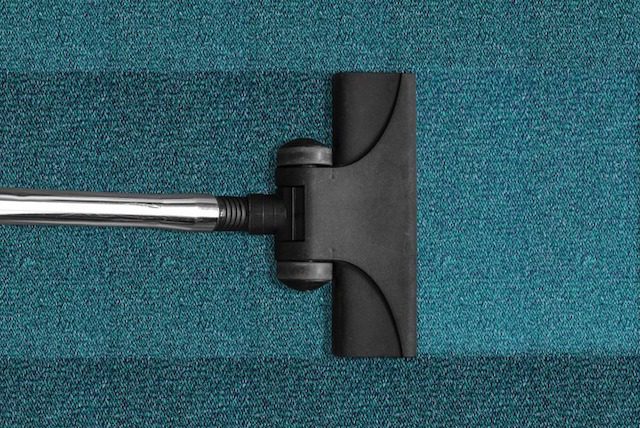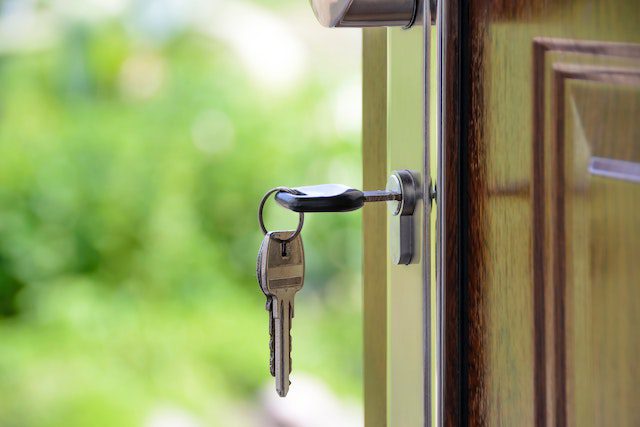
Many landlords in Temecula, California require their residents to pay a security deposit before they move in. It’s a one-time, refundable fee and is usually equivalent to the rent of one month.
So, why do landlords require it?
They require it for various reasons. Generally speaking, it helps in protecting them against financial ruin. The following are some of the other main reasons:
- Cover any damage exceeding normal wear and tear. Essentially, this is any damage that occurs as a result of abuse or neglect. A few examples include a broken toilet seat or a smashed bathroom mirror. If a resident does any of these, the landlord has a right to deduct the appropriate costs from their security deposit.
- Cover for lost rental income. There are two scenarios that can warrant this. One, is when a resident chooses, for whatever reasons, to abandon the property. And two, when a resident chooses to terminate their lease before it’s expiry. In any of these two scenarios, a landlord may choose to cover for the lost income by deducting the appropriate costs from the resident’s security deposit.
- Cover losses from missed rent payments. Failure by a resident to pay rent is a serious violation of the lease or rental agreement. Yet, this is one of the most common problems landlords in Temecula, Ca face.
- Cover costs of cleaning the property. Most leases require that residents leave their rental units in the same state they found it less normal wear and tear. Sadly, most residents don’t. In those cases, landlords can and most often do deduct the appropriate costs from the resident’s security deposit.

- Help cover for unpaid utilities once a resident moves out. Landlords usually assign certain utilities over to their residents once they sign the lease. Should a resident fail to pay, the landlord will have no other option than to deduct the appropriate costs from the resident’s deposit.
With that in mind, the following is an overview of California’s Security Deposit laws.
Empty or Furnished Apartments
The state of California puts a restriction on how much a landlord can collect as a security deposit. The limit depends on whether the unit is furnished or not.
When furnished, the landlord has the option to ask a security deposit that is three times the price of rent. For example, if the monthly rent is $2,000, then a landlord can ask a maximum deposit of $6,000.
When an apartment is unfurnished, the landlord is free to ask a maximum of two month’s rent as a security deposit. So, supposing the monthly rent is $1,000, then the landlord cannot ask a security deposit exceeding $2,000.
Non-Refundable Deposits
In the state of California, it is illegal for landlords to ask for non-refundable security deposits. The California landlord-resident laws deem a security deposit as the resident’s property, less reasonable deductions.
Security Deposit Storage
It’s the responsibility of the landlord to store the security deposit of a resident. Nonetheless, while most states dictate exactly how it should be stored, California laws don’t. Landlords don’t have any specific requirements to abide by.
Security Deposit Receipt
Some states like New York and New Hampshire require landlords to provide them with a written notice after receiving a resident’s security deposit. In California, this isn’t necessary. However, even without being a requirement under state law, it’s always a good idea for landlords to do so.

The notice should mention things like proof of the amount received, date received, and where the deposit is being stored.
Reasons to Keep a Residents Security Deposit
There are various reasons that can compel a landlord to keep all or a portion of a resident’s deposit. The following are some common reasons why landlords may choose to do so:
- Missing door handles
- Missing or cracked tiles
- Replacement of common light bulbs
- Broken mirrors, appliances, blinds, plumbing fixtures, and cabinet doors
- Pet damage to carpet including holes and stains
- Large holes in walls or gouges in the floor
That said, a landlord cannot deduct a resident’s deposit for damages resulting from normal wear and tear. Examples include:
- A dull finish to the tile that was once shiny
- Loose or missing door handles
- Color of carpet or hardwood fading due to sunlight exposure
- A couple of dings or scrapes on a wooden floor
Walk-Through Inspection
Landlords in California can perform walk-through inspections. The goal of them is to document the property’s condition and allow the resident time to fix the issue before they can move out.
The following are requirements of a walk-through inspection:
- The landlord must provide the resident with adequate notice of their intention to inspect the property.
- The resident doesn’t have to agree to the inspection.
- If the resident agrees to it, the walk-through inspection must be done no sooner than 14 days prior to the expiry of the lease.

- Unless both parties agree, in writing, the landlord must give the resident 2-days’ notice written notice before the lease expires.
- The landlord must notify the resident of any needed repairs prior to the final walk-through inspection.
Security Deposit Return
In California, the landlord must return the resident’s security deposit within 21 days after the resident moves out. In the notice, the landlord must state three important things.
One, the amount of deposit received. Two, any deductions, if any. Three, the amount of deposit returned to the resident.
Change in Property Ownership
A landlord has two options if they decide to sell the property. One, they can choose to transfer the deposit, less any deductions, to the incoming owner. Or two, to return the deposit, less any deductions, back to the resident.
The Bottom Line
There you have it. An overview of the security deposit laws in California. If you’d benefit from the services of a professional property management company, contact PURE Property Management Real Estate Sales & Property Management today!
Disclaimer: This blog shouldn’t be used as a substitute for legal advice from a licensed attorney in the state of California. Laws keep changing, and the blog might not be up to date at the time of your reading.
